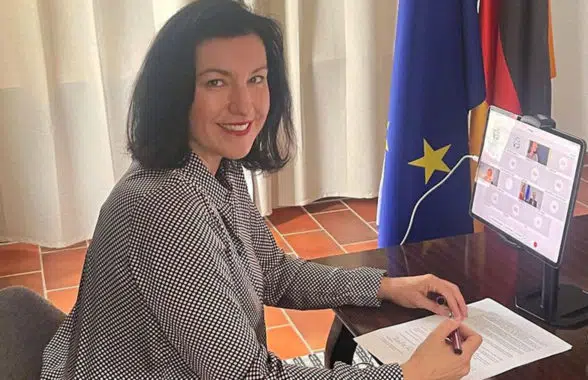
The governments of Germany and Spain have signed a memorandum of agreement to cooperate on the design, development and piloting of a cross-border digital identity ecosystem that will enable citizens to verify their identity and access digital services in both countries.
As part of the agreement, the two countries will create a joint working group on digital self sovereign identity (SSI) and will carry out a cross-border pilot “in the near future, with a view to contributing to the development of the European Digital Identity Framework”.
They will also “share best practices in the field of digital identity from a technical, regulatory and operation point of view, and explore options for the establishment and upscaling of an open and decentralised identity ecosystem that can work across borders while ensuring safe and reliable digital identities based on state-issued identity documents and digital identity credentials,” the German government says.
“The declaration also envisages keeping this collaboration open to other member states committed to the development of decentralised, self-sovereign digital identity for national and cross-border use in Europe.”
“The German government recognises digital identity as a fundamental building block for successful digitisation,” adds German minister for digitisation Dorothee Bär.
“We have already launched a national SSI-based digital identity ecosystem which now involves more than 60 stakeholders from the private and public sectors as well as a live use case — the digital hotel check-in.
“Over the coming months, we plan to implement several more national use cases to expand the ecosystem.
“We are thrilled to take the natural next step through our partnership with Spain to show all of Europe the potential of user-centric, decentralised identities.”
The German government announced in February that it will launch digital ID cards for German citizens in autumn 2021.
The EU also confirmed in June that it is to introduce a European Digital Identity Wallet that will enable citizens to link their national digital identity with other personal attributes and will be recognised in all 27 EU member states.
Next: Visit the NFCW Expo to find new suppliers and solutions